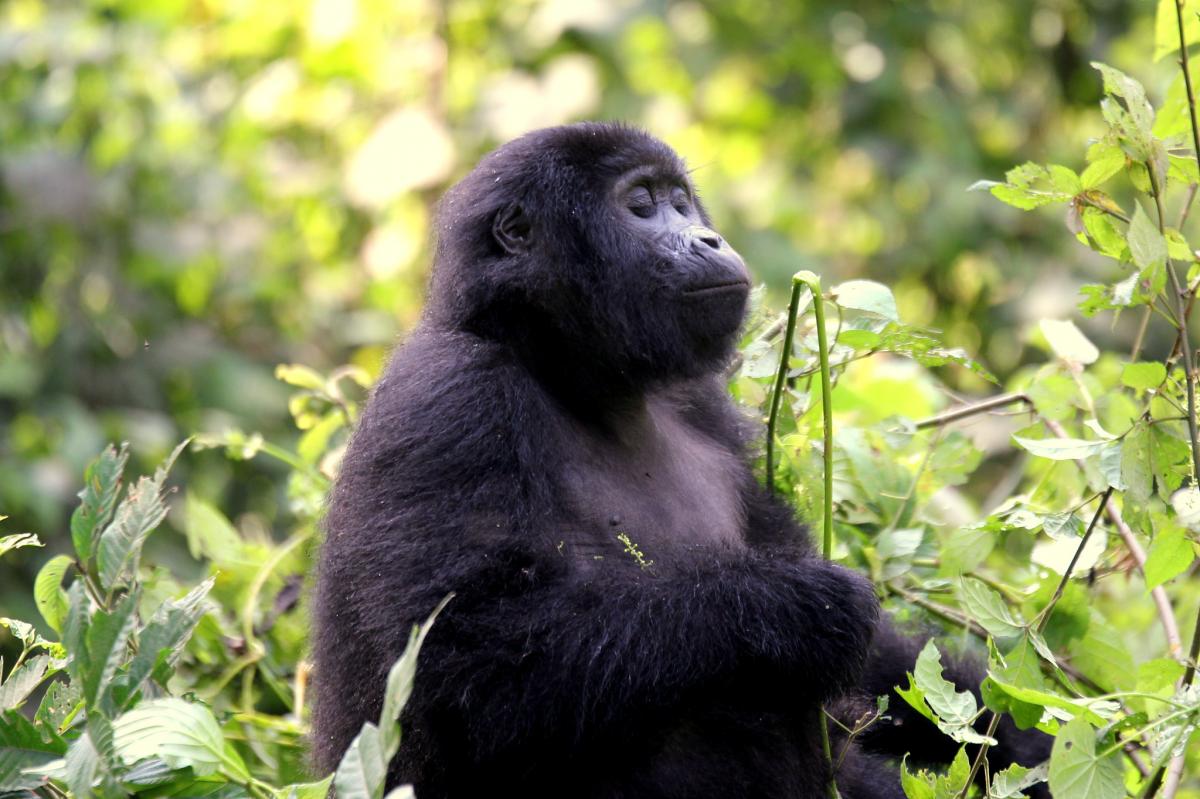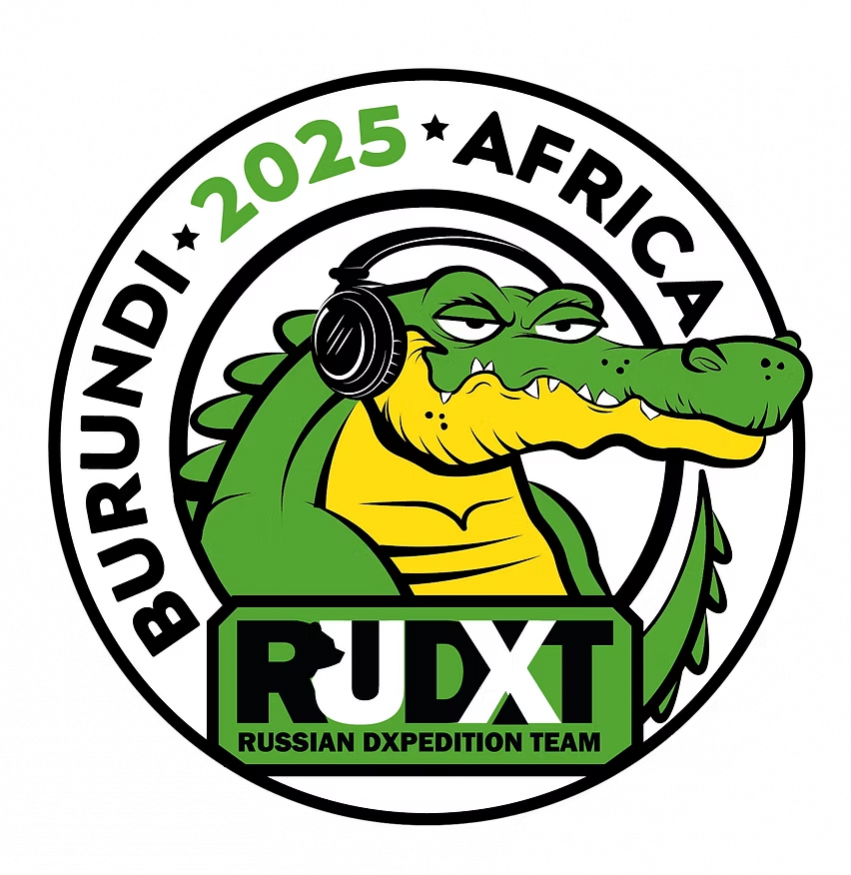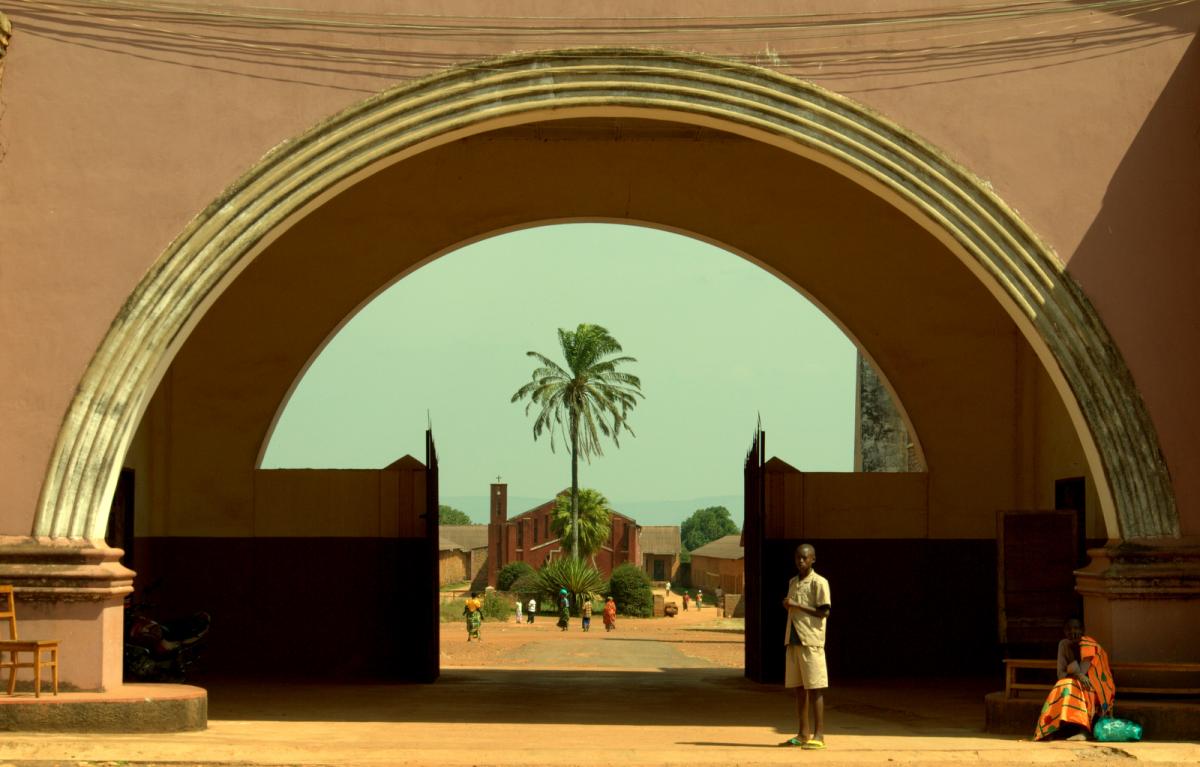9U1RU Team will be active from Burundi, 31 October - 20 November 2025.
Team - R7AL, OK8AU, RW9JZ, W8HC, SP9EQZ, RU3UR, UA3QLC, R2BW, R5EC.
Recent DX Spots 9U1RU
9U1RU Log search They will operate on 160 - 6m, CW, SSB, Digital Modes.
QSL via ClubLog OQRS.
Burundi: a journey to the heart of Africa
Seasoned travelers who have seen a lot on their trips prefer extreme and breathtaking adventures to comfortable relaxation. The Republic of Burundi, located in central Africa, is ideal for this purpose. There are no fancy hotels with luxury rooms here, but tourists will find something interesting for themselves — an introduction to the wild nature and ancient rituals of the local people.
Few have heard of this African country. This is not surprising, as most of the population lives in absolute poverty and engages in agriculture to survive. It is the poorest country in the world and the most densely populated country in Africa. More than 10 million people live in a small area, 70% of whom are forced to live on just one dollar a day.
 Burundi. Author - Luis Camarate.
Burundi. Author - Luis Camarate.
What should you know about Burundi?
The country is small and landlocked, but it borders Lake Tanganyika in the southwest. Its neighbors are Rwanda, the Democratic Republic of the Congo, and Tanzania. It takes only half an hour to get from Rwanda to Burundi. There are virtually no paved roads or railways in the country, but there is an international airport, whose architecture resembles a space station from a science fiction film. In the native language, the country is called “Kirundi.” Bujumbura is the capital and largest city in the country.
A bit of history
The ancient and medieval history of Burundi is poorly studied. It is known that the first settlers in these lands were the Twa pygmies, but they were displaced by the Hutu farmers more than a thousand years ago. In the 15th-16th centuries, the territory was occupied by the Tutsi nomadic cattle breeders.
In the 17th century, the feudal kingdom of Burundi was formed, and European colonizers arrived here at the end of the 19th century. The Livingstone expedition visited here. For a long time, missionaries tried to unite the state with neighboring Rwanda. The country was a colony first of Great Britain, then Germany, and after World War I, Belgium.
The kingdom's independence was declared in 1962. All power passed to representatives of the Tutsi tribe, and an authoritarian regime was established, which caused discontent among the numerous Hutu tribe and led to interethnic conflicts. The country was engulfed in bloody civil wars, mass killings in the streets, riots, and military coups.
Gradually, the country abandoned the monarchy and adopted a republican form of government. A representative of the Hutu ethnic group became president. However, uprisings flare up from time to time. Due to the unstable political situation, about 10% of the local population has emigrated to neighboring regions.
 9U1RU Burundi. DX Pedition Logo.
9U1RU Burundi. DX Pedition Logo.
Life in Burundi
At night, cities die out and streets become deserted, as residents fear being arrested and accused of working for the opposition.
Medical care in Burundi is poorly developed—there are only about 200 doctors for a country of millions, few hospitals, and a shortage of medicines. The average life expectancy is 45 years due to poverty, numerous diseases, and regular military clashes between ethnic groups.
According to a study, the “happiness index” is the lowest in the world — Burundians are completely dissatisfied with their lives.
Interesting places in Burundi
Despite its difficult economic situation, Burundi is attractive and open to tourists. In the capital, Bujumbura, the parliament building and the former colonial administration building attract attention with their architecture. The city's main Catholic shrine, the Cathedral of the Blessed Virgin Mary, is also located here. Most of the buildings date back to the 1960s.
In the city of Gitega, you can visit the royal palace and the national museum, where you can learn more about the historical past of this African country and see royal drums, clothing, and jewelry of the indigenous people.
However, the most interesting attractions are the national parks with tropical forests, unique savannah nature, bamboo thickets, and swampy areas. Tourists are also attracted by the Kagera waterfall complex, the highest of which reaches 80 meters. They were once considered sacred, and when the monarch ascended the throne, he would dip into a font located in a small cave. You can also visit the hot springs of Kibabi.
Lake Tanganyika deserves special attention as the second deepest lake on the planet after Lake Baikal (1,470 meters) with crystal clear water. It is considered the longest freshwater lake on Earth. Its waters are home to the dangerous 100-year-old crocodile Gustav, which is possibly the largest known specimen. However, this has not been verified or proven, as attempts to catch the powerful man-eating crocodile have been unsuccessful.
 Burundi. Author - Karin Wollgarten.
Burundi. Author - Karin Wollgarten.
Exotic cuisine
There are many bars in Burundi where locals gather to drink Urvarva, a banana-based alcoholic beverage, or strong beer. Belgian traditions are reflected in the national cuisine. Here, they experiment with flavors, combining unusual ingredients such as fish with meat and fruit with onions.
Fish occupies a special place in the diet of Burundians, although there are few bodies of water here. It is caught in Lake Tanganyika. Not everyone can afford to eat it. Here you can try truly unique species — freshwater sardines, Nile perch, and 130 other endemic fish that are found nowhere else. Freshly caught fish is fried, grilled, or steamed with tomatoes and an onion-based sauce.
Meat is much less common on the tables of Burundians. It is mainly goat meat or chicken. Many people consider cows to be sacred animals, so they do not eat beef.
The typical menu of Burundi residents is not very varied: red beans, beans, rice, wheat and corn, manioc and sorghum, mangoes, various types of bananas, and sweet potatoes. Dishes made from these products are also served in restaurants. They are often cooked directly on the ground in huge pots without observing sanitary and hygienic standards. All food is generously seasoned with spices such as red pepper, turmeric, and cumin.
You can also try delicious salads made from vegetables, mushrooms, green peppers, and plantains, as well as various types of beans. No one will be left indifferent by the dessert made from dates and bananas, mashed with sugar and butter.
Coffee plantations
Arabica coffee began to be grown in Burundi in the 1930s. During the war, the industry came to a standstill, but it was revived after 2000. Today, the country is a fairly large coffee supplier, with a harvest of around 40 tons per year. Every year, the area of plantations and the volume of exported products are growing, as the authorities provide support to farmers.
Coffee trees are the main agricultural crop in all regions of the country, and the state's economy largely depends on coffee production. The product is 100% environmentally friendly, as farms do not have the means to purchase chemicals and fertilizers, and all operations are carried out manually.
The best coffee in Burundi is considered to be that grown on the high-altitude plantations of the Ngzi region, where nature has created ideal climatic conditions — an abundance of sunlight, nutrients, heat, and moisture. Lovers of this invigorating drink will appreciate its distinctive taste with a pleasant acidity and rich fruity aroma.

